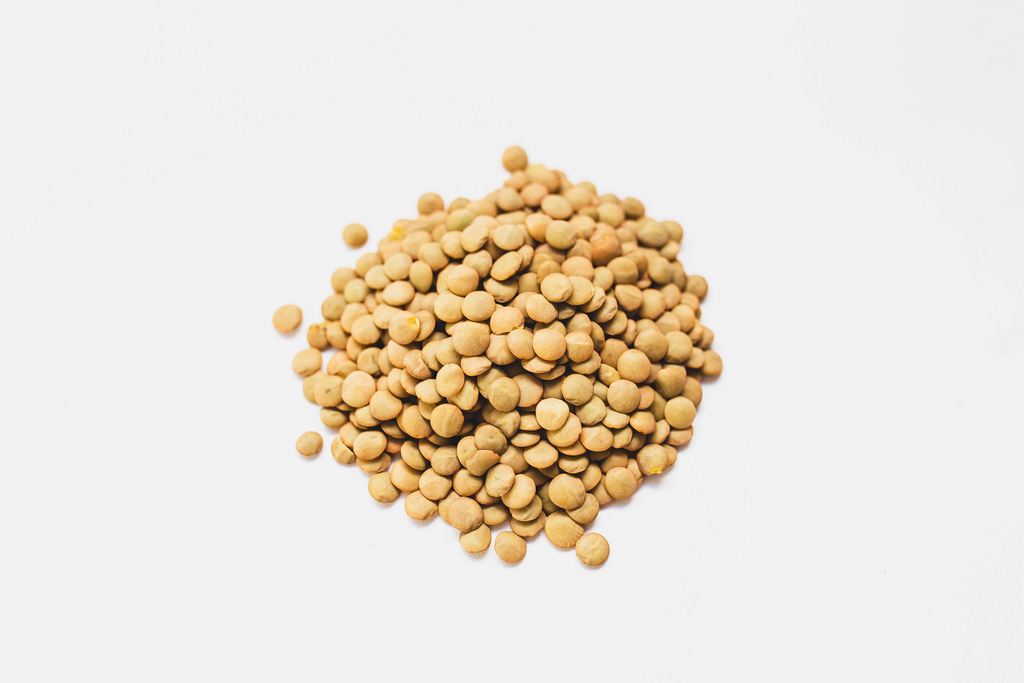
Food&Drink’s Jamie Cheung challenges the myth that a plant-based diet means a lack of protein
The myth surrounding vegans and their lack of available protein is about to be debunked.
As a vegan of almost two years, I know as well as anyone how little faith some meat-eaters have in the nutritional strength of a plant-based diet. And so in the midst of the most successful ‘Veganuary’ to date, it seems only appropriate that I address the most asked question that every vegan dreads to hear: “how do you get any protein?”
It is commonly acknowledged that the only feasible way someone might die from a protein deficiency would be due to an insufficient number of calories in their diet. According to Viva Health, “you practically have to be starving to be protein deficient” and this is not an uncommon opinion among health professionals. It is nonetheless true, that those following a plant-based lifestyle may have to think more consciously about their sources of protein. Just like when assembling a traditional meal in fitting with an omnivorous diet, one would consider a source of protein (typically meat/fish/dairy), a form of carbohydrate be that bread, rice, pasta etc, and more often than not, a portion of vegetables. Becoming vegan doesn’t require any change at all to this meal planning approach thanks to the introduction and rapidly increasing quality of meat replacement products. A British classic of Bangers and Mash with a side of peas, can just as easily be recreated with Linda McCartney’s Vegetarian (also vegan) sausages, in the place of the original animal based version. In fact, on closer inspection of the nutritional breakdown on the Linda McCartney Foods website, I discovered that the vegan alternative contains 6.2 per 100 grams more protein than pork sausages. According to Viva Health, “you practically have to be starving to be protein deficient” and this is not an uncommon opinion among health professionals
On the topic of sausages, there has been a recent uproar across social media regarding one sausage in particular. Gregg’s Bakery has trialled a vegan version of their infamous sausage roll and it has been a roaring success, much to the dismay of breakfast TV personality Piers Morgan, who appears to despise anything plant-based. What is ironic, is that the vegan version contains 12 grams of protein in comparison to the pork version’s 9.1 grams. Beans such as lentils and kidney beans, are an easy and cheap way to add a boost of protein into your meal, as is a sprinkle of Chia or sesame seeds on top
It is obvious then, that sourcing protein is neither a top priority or indeed difficult when transitioning into a plant based lifestyle. With the popularity of veganism ever on the rise, meat replacements as well as plant based milks and cheeses are becoming more accessible at affordable prices. It’s also worth considering the protein content of more natural, less processed foods. Beans such as lentils and kidney beans, are an easy and cheap way to add a boost of protein into your meal, as is a sprinkle of Chia or sesame seeds on top. By switching to brown rice instead of white rice you can up the protein levels further, as well as choosing more protein rich vegetables such as sweetcorn and broccoli. The options are endless and the information is just a google search away, so do not let the protein question slow you down in the transition to a healthier, more sustainable way of living.
Comments